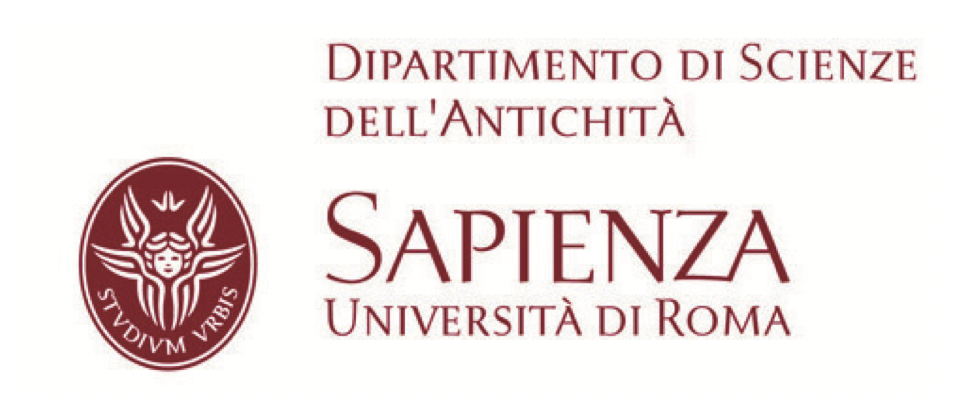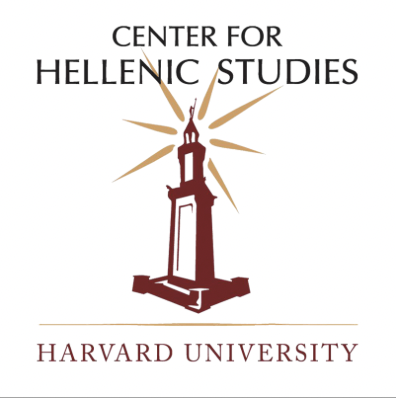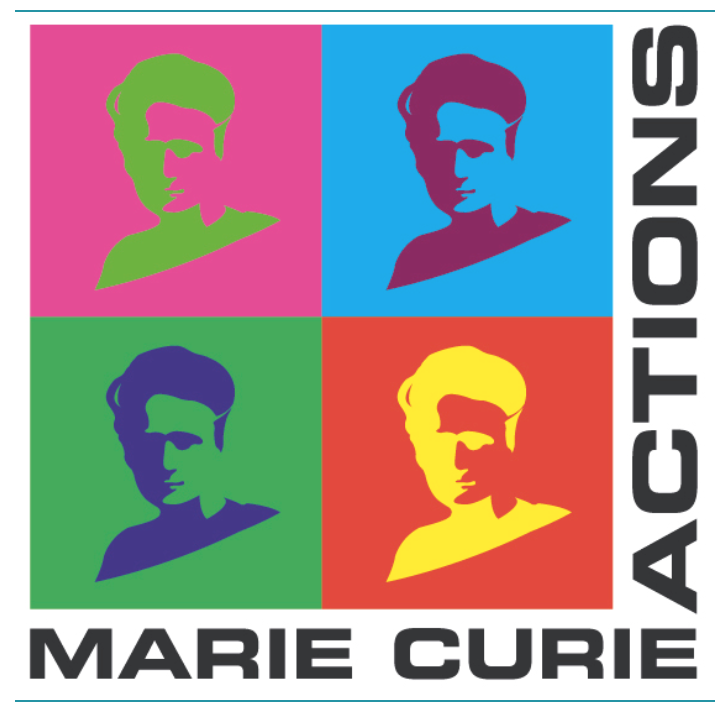Welcome to the Poeti Vaganti Inscriptional Database. The goal of this website is to present an overview of the cultural movement of intellectuals and itinerant performing arts professionals during the Hellenistic period, organized by relevant spatial-narrative data.
In the Hellenistic cultural panorama, itinerant specialists of literature and music played a significant role. The endeavors, paths, and stories of the “poeti vaganti” -so called after the preliminary study by Margherita Guarducci (MAL 1927-1929)- are mainly documented by epigraphy, allowing us to envision a cultural and popular phenomenon that runs parallel to court literature. Unknown artists and accomplished intellectuals travelled from city to city all around Continental Greece, the Aegean Sea, and the coasts of Asia Minor, chasing fame, fortune, and glory. The virtuosi showed off on all the renowned stages of Hellenistic cultural centers, delivering their performances at festivals and sacred celebrations, presenting their brand-new compositions or reperforming traditional forte, gathering regional audiences and on occasion audiences from abroad. Although the compositions of itinerant artists are sporadically preserved, being mainly intended for oral use, epigraphy provides us with a large spectrum of valuable elements that aid in the reconstruction of both the features and gestalt of a “popular” movement and its multimodal impact on the cultural life and identity of the Hellenistic world. Thus, epigraphy allows us to re-shape our idea of Hellenism, casting light on essential aspects we would otherwise not be able to acknowledge.
This digital product is one result of the PTANOIS POSIN project, which falls under the umbrella of the European Union’s Horizon 2020 research and innovation program, a subset of the Marie Curie Global Fellowship. This website is a collaborative project from the Dipartimento di Scienze dell’Antichità – “La Sapienza” University of Rome and Harvard University’s Center for Hellenic Studies. The dataset has been gradually created and extended along with research outcomes. It derives from open data currently available via epigraphic online repositories. It has been encoded and marked-up in EpiDoc format and structured in standardized TEI XML. The CHS web development team has designed this open-access resource to provide new research tools for scholars and students, but also to allow a wider audience to envision the twofold focus of the research: the spatial dimensions of Hellenistic cultural life and the narration of artistic careers in itinere. This digital product is an overall vision aimed at elucidating the phenomenon of the poeti vaganti. In-depth analyses have been conducted in scientific publications produced within the frame of this research project, records for which can be found in the Basic Bibliography and News sections.
The core of this project is the idea of arts on-the-move that finds ratio in the travel and in the hic et nunc performance. Nonetheless, the expression “poeti vaganti”, which has become the common one to indicate this phenomenon, cannot represent accurately the sense of artistic travel that the sources indicate as a deliberate iter rather than a wandering journey throughout Hellenistic centers. As a result, the research reveals two distinct patterns of movement: travel for extra-agonistic performances and large-scale movements towards the agones. These two patterns, interacting together, offer us one plane upon which to obtain a general vision. The study of inscriptions shows three main osmotic levels interacting together and encompassing transversal patterns. These levels allow us to interpret the data correctly and arrive at the essence of the “movement” of itinerant professionals of the arts. The central point of this scenario is the Travel, as the title of this project indicates: the expression from a Tanagra epigram for Phorystas the herald (IG VII 530) “ptanois posin”, i.e. with winged feet, enshrines the essence of itinerant arts. Focus on Travel leads to an investigation of Performance, by typology and nature, and the Travellers themselves, their life stories and careers traced through their movements.
This online presentation provides the tools to observe the setting of patterns: a/ cross-referenced epigraphic material, b/ a dynamic map of the Hellenistic world; c/ a selected set of search options. Sources attesting to extra-agonistic and agonistic performances are being mapped in the virtual space of Hellenistic Greece in order to reconstruct the artistic trips and routes. On this dynamic map, the intellectually curious eager to enter the conversation on the Poeti Vaganti project can approach the sources organized by area. Clicking on the Search Map, researchers can chart the poeti vaganti from the place names that preserve their epigraphic memory. Users will learn their stories directly from sources that have been selected as the most relevant and representative. In addition to the epigraphic text, users will discover translation, sectional comments, basic bibliography, and a list of clickable keywords leading to related documents. Upon selecting “Explore Itineraries,” users will enter a world of musical, poetic, and dramatic competitions and follow the reconstructed agonistic routes, following professional performers along their Hellenistic competitions. In “Search,” users will be able to search by inscription or by keyword, organized geographically, chronologically, and even thematically.
Memories set in stone about artistic endeavors, performances, successes: this is the legacy of a cultural phenomenon, ever-overshadowed by the way we have become accustomed to thinking about Hellenistic literature. A different lens from which to consider the cultural and performative life can be attained from the perspective of popular literature and the artistic circuits that sustained it. Students might engage Hellenism with a fresh outlook; scholars might benefit from the selection of interwoven inscriptions included in our database and find new takes and points of view.
The Ptanois Posin database is under way and this site is a work in progress. The functionality is still in development and data is being checked and adjusted.
Please consult the News&Updates section of the website to find information about the last updates. In this section you can also keep posted on the last publications, presentations, and further dissemination activities held in the frame of the project. Media materials (videos of events and more) are progressively uploaded for you to keep track of the project advancements or to take a sneak peak of the research in fieri.
Should you have any questions, comments, or suggestions, please feel free to contact us. When sourcing materials from this website, always refer to the Poeti Vaganti database records in either abbreviated form (Ptanois Posin + ID number) or through the complete citation attached to each record.
Consortium
EU H2020 Research and Innovation Programs, Marie Skłodowska-Curie Fellowships MSCA-IF-GF
Dipartimento di Scienze dell’Antichità, Università “La Sapienza” di Roma
Center for Hellenic Studies, Harvard University
 |
 |
 |
 |
The Ptanois Posin team
Angela Cinalli – (PI, Marie Skłodowska-Curie Researcher MSCA-IF-GF; Dipartimento di Scienze dell’Antichità, Università “La Sapienza” di Roma; Center for Hellenic Studies, Harvard University)
CHS web development team:
S. E. Belmehdi (CHS Chief Digital Officer)
Noel Spencer
External collaborators (GEODATA)
Ilias Varkas
Lia Vasilakaki
External collaborators (data management)
Pietro Fratini, Ph.D. Candidate, Doctorate in Archaeological and Historical Sciences, University of Turin; Epigraphic Database Roma (EDR) team member